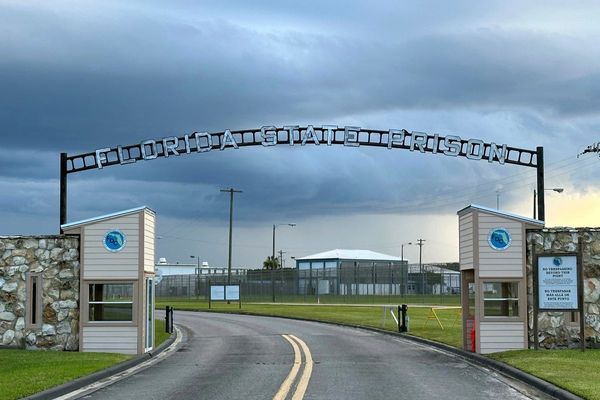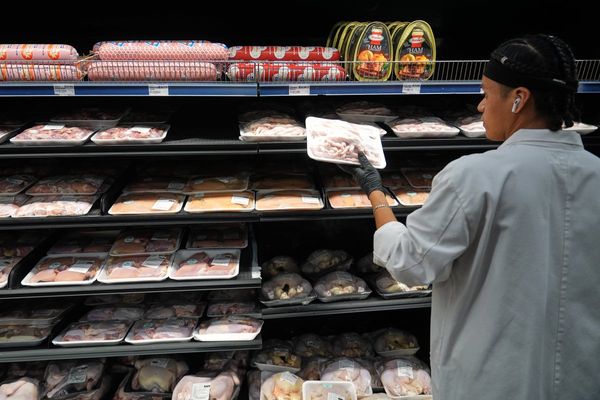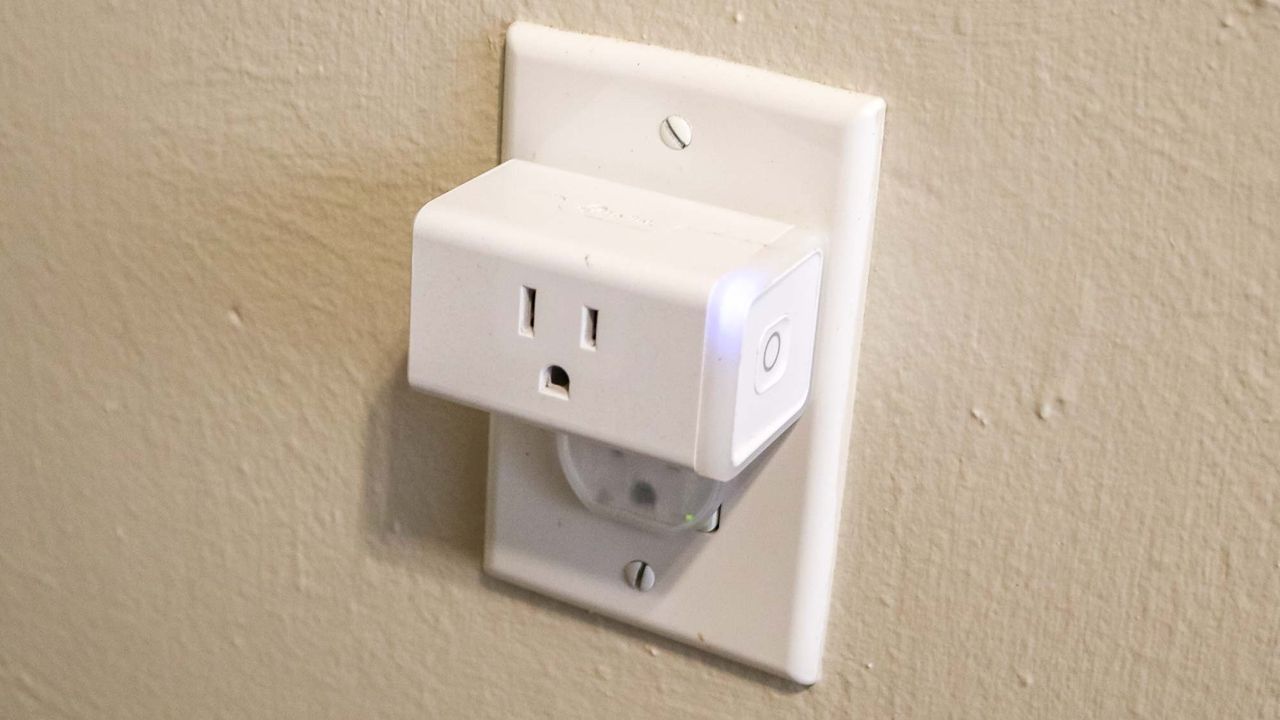
We all love the convenience of smart home devices to make our lives easier, less time-consuming and hassle-free. After all, you just connect it up via your Wi-Fi and control it on your phone or device at just a touch of a button. And the best smart plugs are not just welcome upgrades, but can help you save energy by making sure your lights are off when you're not home. But, while we may assume that we can connect any appliance to a smart plug, you’ll be mistaken.
According to experts, there are some common appliances or devices that we should never connect to a smart plug — but probably do. If used incorrectly, this could lead to a potential fire risk, because not all devices are compatible with smart plugs or outlets. We asked the experts to explain which appliances should never be used with a smart plug and why.
Appliances with heat
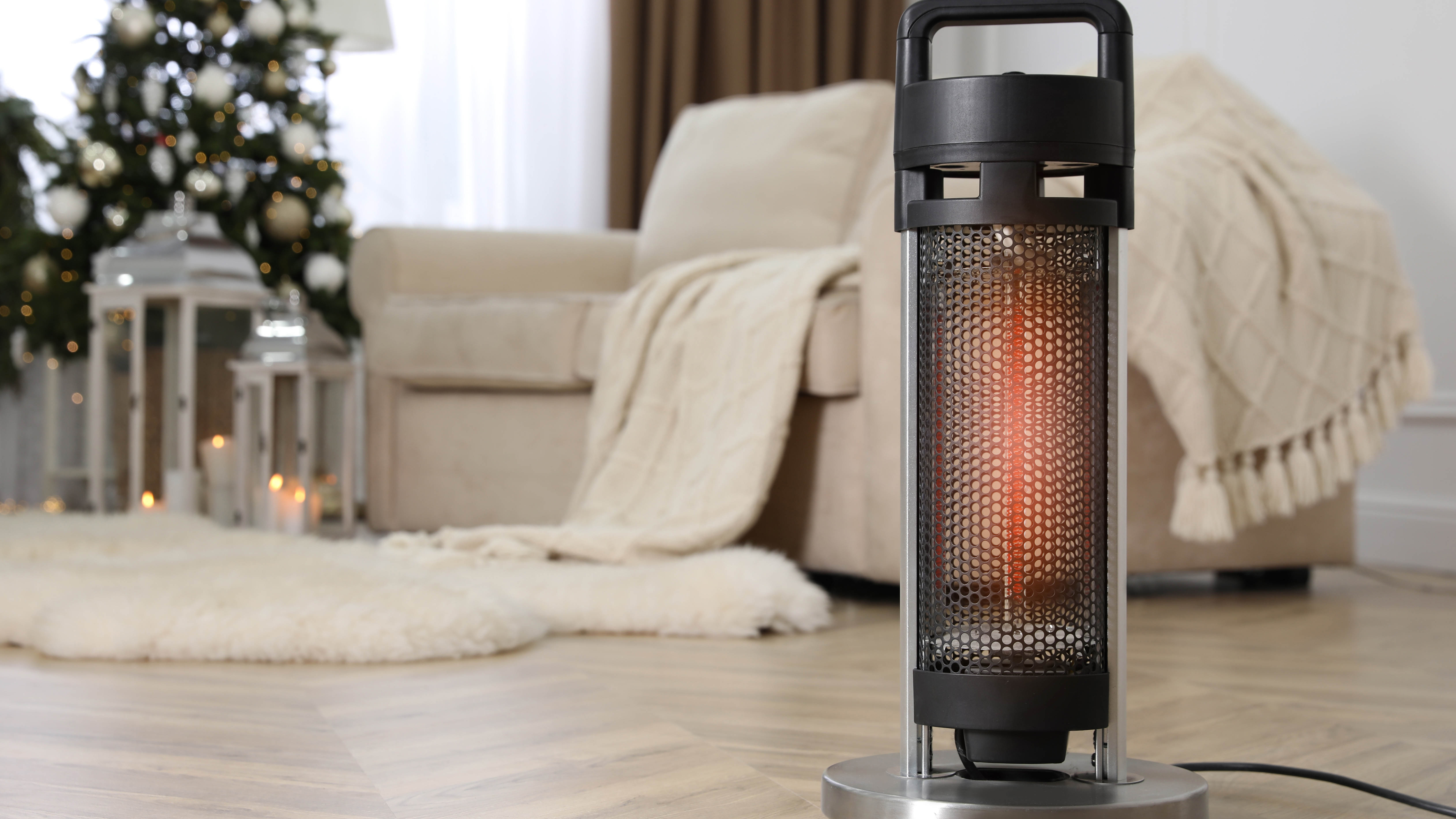
Although smart plugs are known to work well with some everyday devices, avoid using high-heat appliances, such as the best space heaters.
“In general, avoid connecting appliances that have high or fluctuating power demands to a standard smart plug,” states Tatyana Dimitrova, appliance expert for Fantastic Services.
“High-wattage appliances, such as space heaters, air conditioners, kettles and irons, shouldn’t be plugged into a smart plug because smart plugs typically have a maximum load rating, often around 10 to 15 amps. High-wattage devices can easily exceed this, which could cause the plug to overheat, fail or even become a fire hazard.”
So what is the best method when using such appliances? ”Instead, for high-wattage appliances or devices with motors, use smart appliances that have built-in connectivity or smart circuits designed for high loads,” adds Dimitrova. “Many modern heaters, air conditioners and washers now have native Wi-Fi, Zigbee or Z-Wave control.”
Heavy-duty appliances
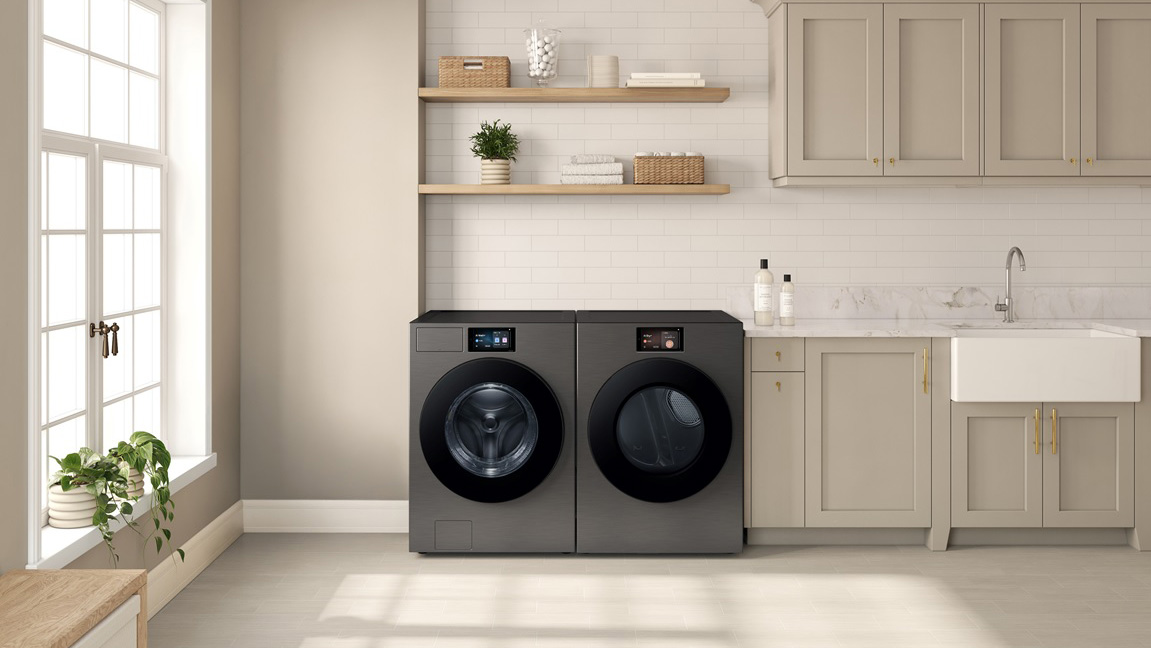
Similarly, avoid connecting large appliances to a smart plug, such as refrigerators or washer dryers. “You should avoid high-power appliances such as water heaters, or any large appliance (stove, refrigerator, washers, dryers) with a smart plug,” advises Dan Mock, VP of Operations at Mister Sparky. “High power devices can overheat the smart plug and could possibly lead to a fire. Motor driven electrical devices can be damaged by accidental shutdown or inductive loads placed on them”.
In addition, experts advise never to connect medical equipment to a smart plug. “Smart plugs are designed for convenience and moderate energy loads, not heavy-duty appliances,” adds Laura Finson, Director of Product & Strategy at Brinks Home. “It’s also best not to connect critical devices, such as medical equipment, since a smart plug could accidentally switch them off. For heavy appliances, use outlets or switches rated for higher loads”.
Major security systems
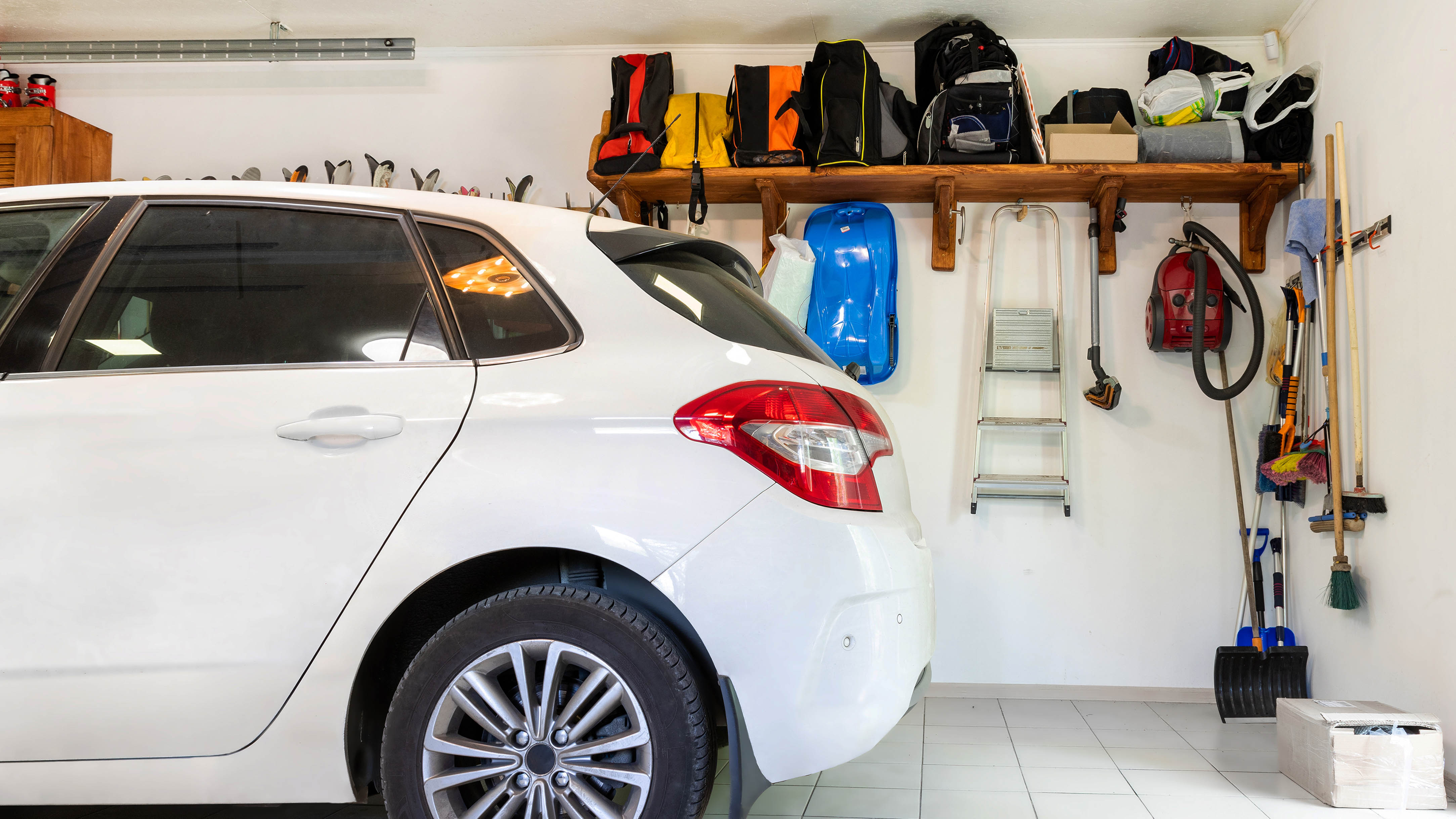
Whether you have a security system in place or a device that requires continuous power, avoid connecting these to a smart plug. “You will also avoid using them with items that may need a constant power supply like security systems, medical equipment, garage doors, etc.” states Mock.
“Motor driven electrical devices can be damaged by accidental shutdown or inductive loads placed on them. Constant power supply items are just that. They need continuous power and are not good candidates for smart plugs”.
If you’re worried about home security however, you can invest in one of the best home security cameras, or the best outdoor security cameras.
What appliances can you connect to a smart plug
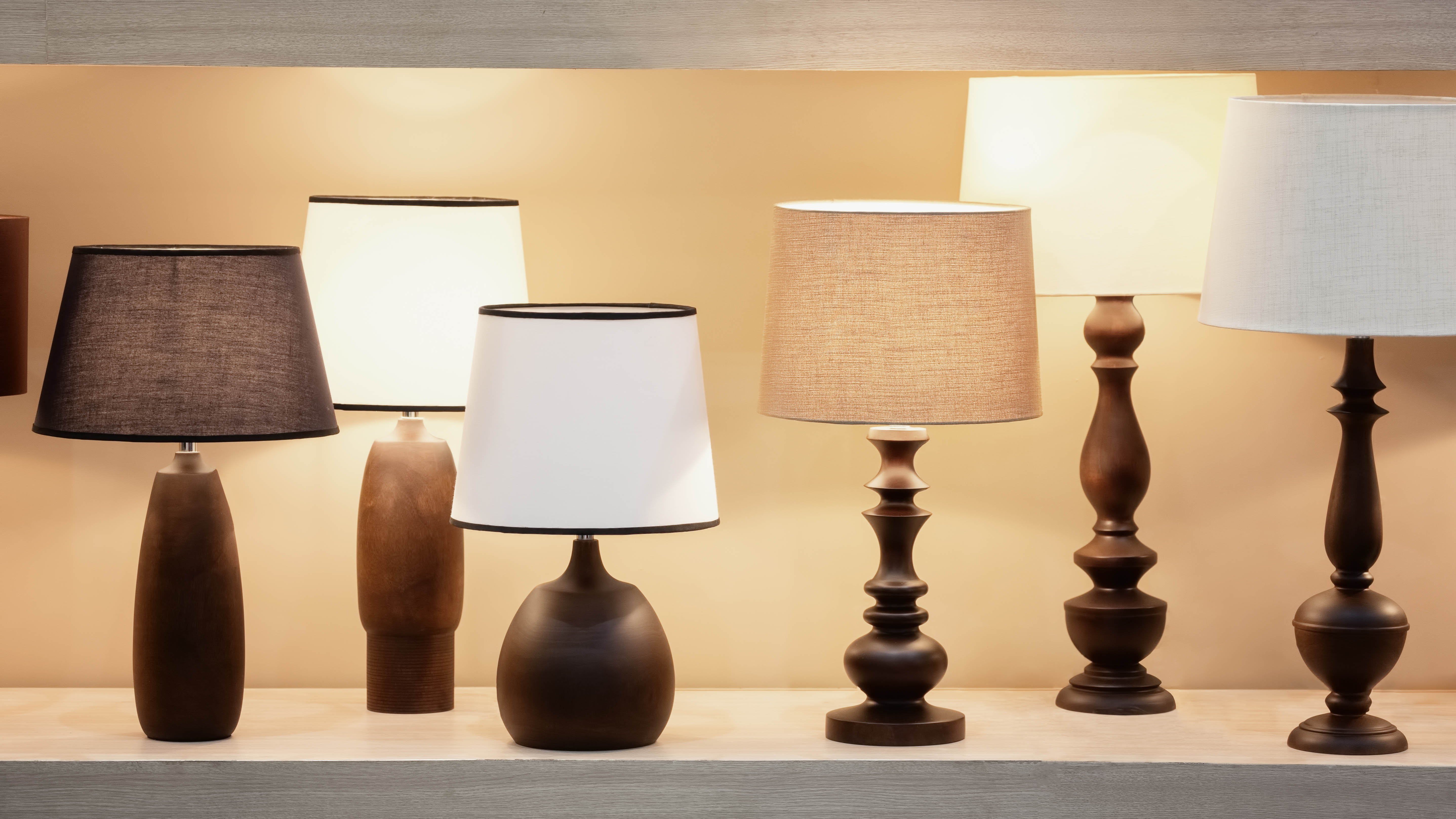
The good news is there are plenty of items in the home that can benefit from smart plugs. “Use smart plugs with everyday items including, lamps, coffee makers, phone chargers, or hair tools,” suggests Finson.
“These are safe, lower-wattage devices that benefit from schedules and remote control. You can program them to turn off when you leave, switch on before you arrive, or run at specific times to cut down on wasted energy. Smart plugs pack a lot of value into a small device — adding convenience, saving energy, boosting comfort, and even enhancing home security.”
Additionally, you won’t have to worry about wasting energy, or forgetting to switch off lights in a hurry. “A good sign you need a smart plug is when you often find yourself forgetting to switch something off or wishing you could turn something on without walking over to it,” states Sergey Nikolin, President at Product Air Heating & Cooling LLC
“Smart plugs are best for things that draw little power and make things “ready” for you by the time you need them. They can also run on schedules for things we often forget about like outdoor lights and holiday decorations.”
Follow Tom's Guide on Google News and add us as a preferred source to get our up-to-date news, analysis, and reviews in your feeds. Make sure to click the Follow button!




